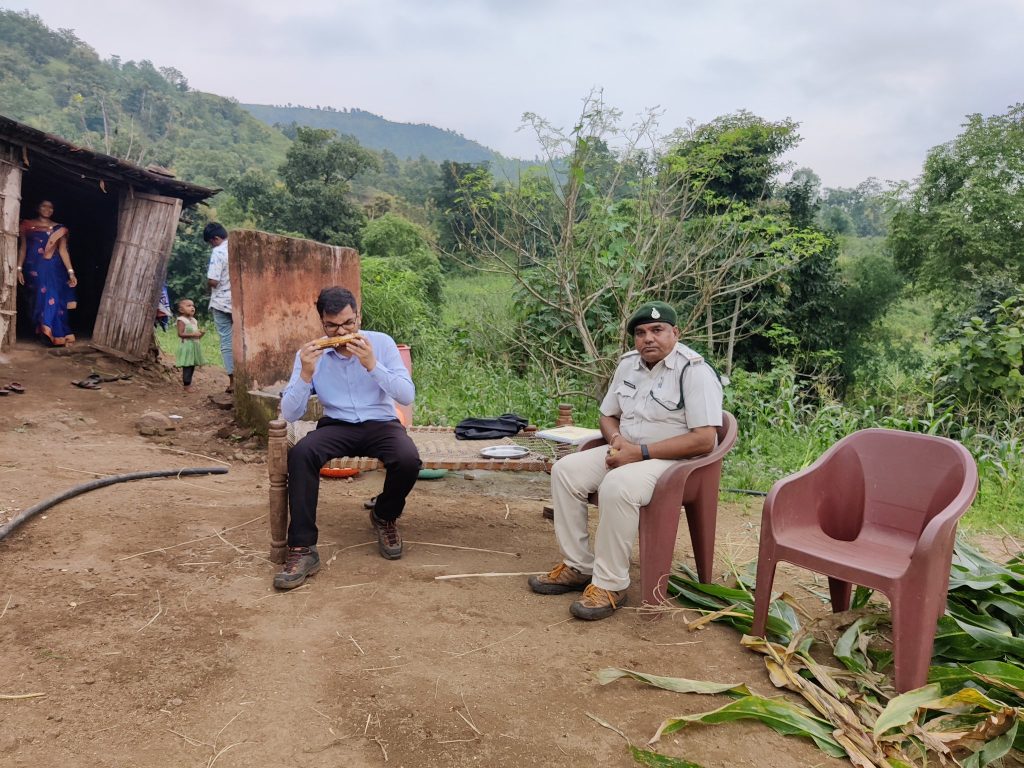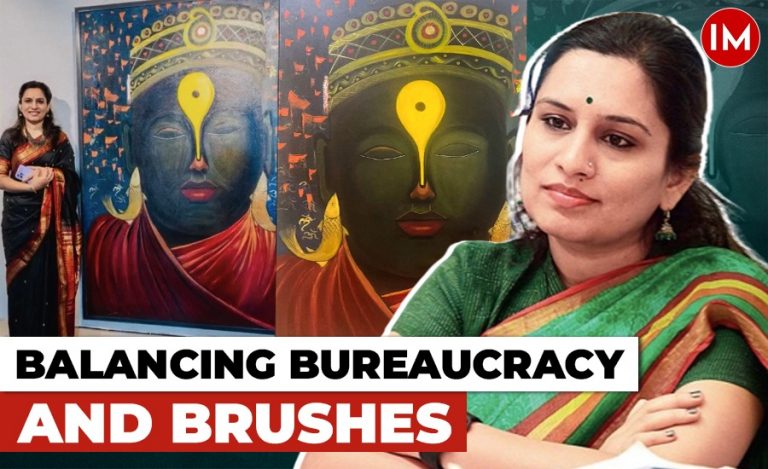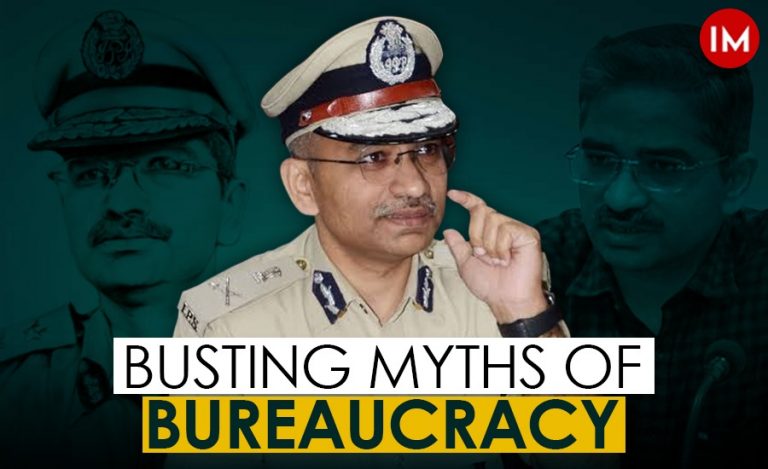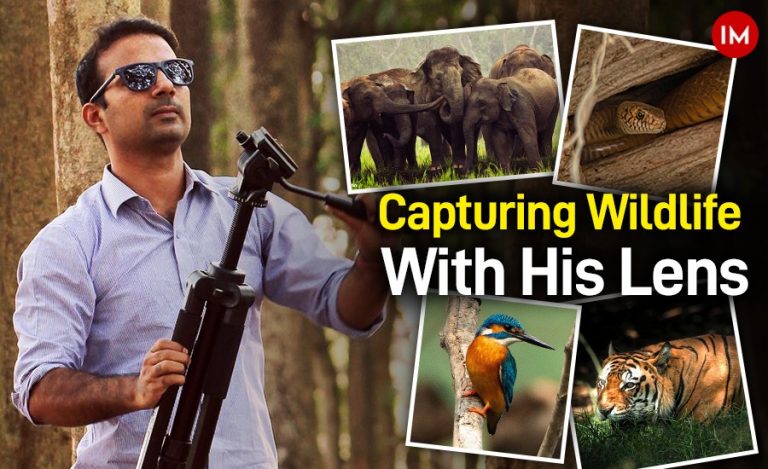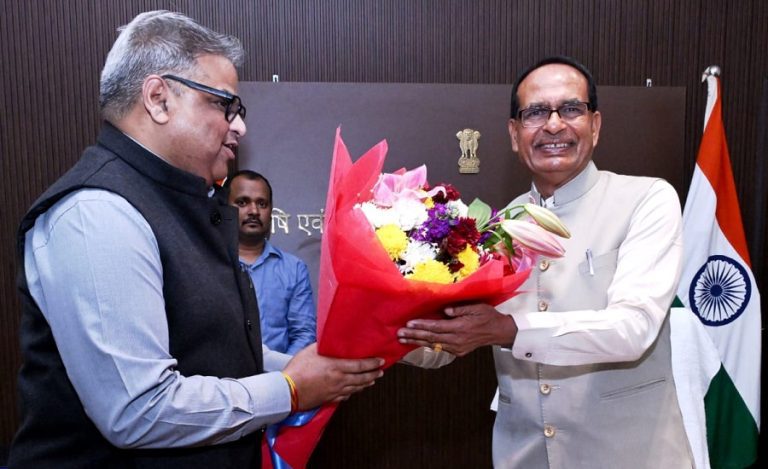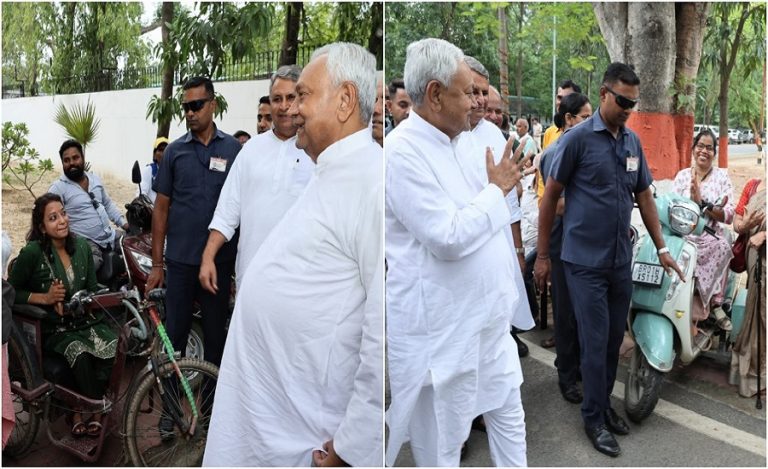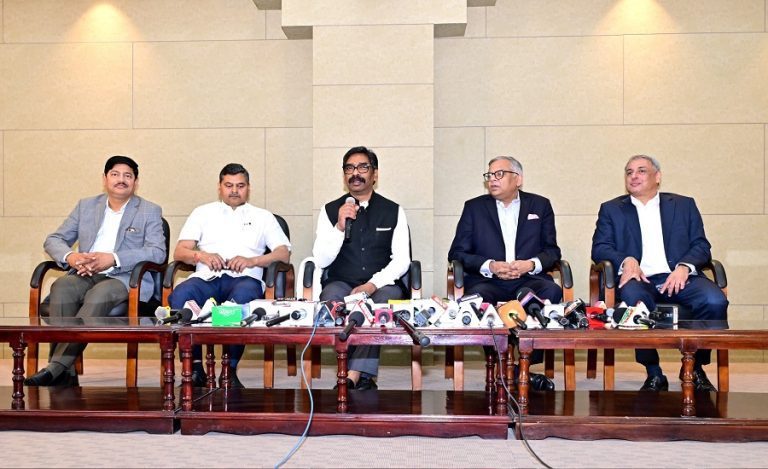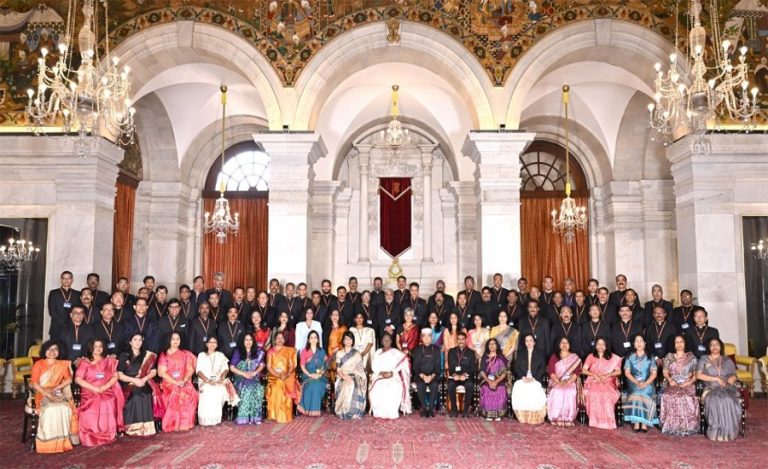If you were wondering what the life of a forester is like, living amid nature in remote areas, with wildlife and forests for company, we are going to introduce you to a forest officer and his life today. Meet Indian Forest Service officer Anupam Sharma who is posted in Sendhwa forest division in Madhya Pradesh. Originally from Rajasthan, he was alloted MP cadre after qualifying in the 2017 UPSC exam.
Madhya Pradesh was a new state for the officer but the enthusiasm of serving as an IFS officer was bigger than the challenges he thought he would face. He got his first individual posting as the Divisional Forest Officer (DFO) in Sendhwa Forest Division after he completed his training postings in Katni and Satna.
In an exclusive interview to Indian Masterminds, Mr. Anupam Sharma, talked about what’s life as a forester in India is like.
LIFE AS A FORESTER
After completing their training, IFS officers go through a variety of adventurous experiences during their postings, which include serving in highly remote and sensitive areas. These are the times when they have to stay far away from family and known circles in order to do their duty and serve the country.
Being posted in remote and far-flung areas, most foresters enjoy going on field visits and meeting the local people. Mr. Sharma said, “There are both positive and negatives of working in remote areas or areas which are not well equipped with good facilities. The positive is that we get to visit forest areas on a regular basis as a part of our duty which mostly city or urban dwellers don’t get to witness. While I was living in Delhi and Jaipur, I used to dream of being in forest surroundings and visiting villages and eating local food. With this job, this has come true as field visits are very interesting and welcoming.”
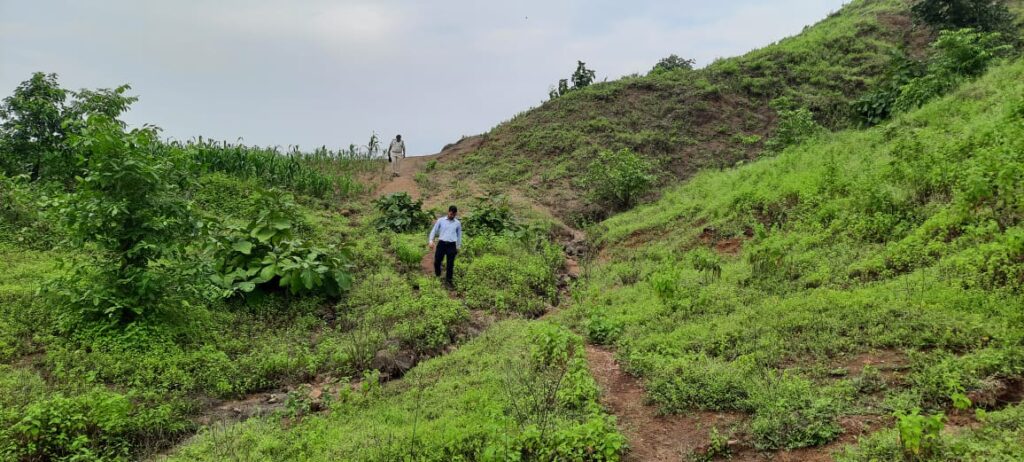
The officer conducts field visits either twice or thrice a week. He says field visits are the most entertaining and fun part of their lives while living in such remote areas. Recently, he visited a village in the Pansemal range to inspect the work of a plantation site. As it was located in a remote area, the vehicle went up to a point after which they had to travel on foot. Mr. Sharma and his team walked on the undulating terrain for a long time to reach the site. On such field visits, the officer often comes across wildlife movements too, like pug marks, etc., on the basis of which, he and his team alert the villagers and give them guidelines.
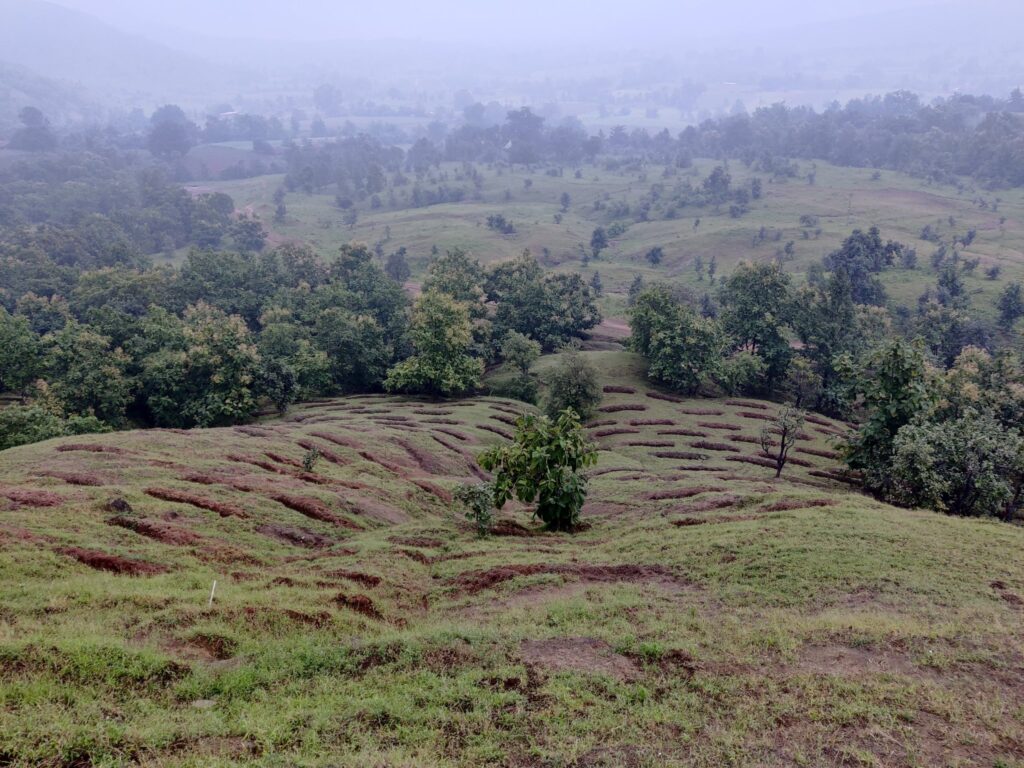
LOOKS FORWARD TO FIELD VISITS
However, what he enjoys and cherishes the most is getting a taste of the local hospitality, as they are welcomed very warmly by the villagers. Mr. Sharma said, “We get a chance to sit with the local villagers and get to know their issues and also eat the food offered by them, like corn, peanuts, etc. This gives a feeling of care and also make us realise that they have placed their trust on us, which make these field visits complete. I mostly offer some money to their kids as a token for the hospitality I receive. They always refuse it, but after much insistence, they accept it as a mark of respect.”
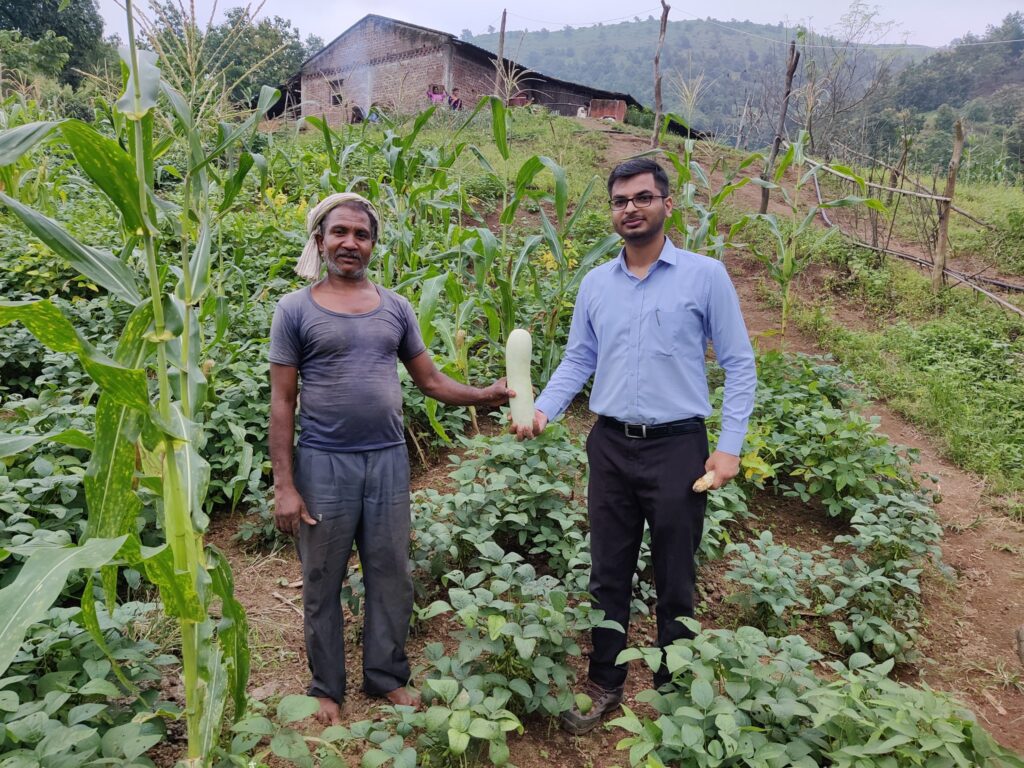
MAKING THE MOST OF IT
Mr. Sharma is currently living with his wife in Sendhwa, who sometimes accompany him on his field visits. The officer tries to add some fun to such trips by travelling some extra miles. “As to find leisure in such areas, we sometimes even visit nearby touristic areas which are around 100 to 150 kms away, like Mandu, Narmada Ghat, Maheshwar etc,” he said.
DISADVANTAGES
Mr. Sharma further recalled the time when his wife was dealing with some health problems while he was undergoing his first training posting in Katni. He said, “My wife went through some health issues at that time and when we consulted a local doctor, he misdiagnosed her. This worsened her health even more and in a couple of days it became worse. We immediately took her to Lucknow where further treatments took place. Hence, hospital and health facility are a constant worry for us as, living in Sendhwa, Indore is the nearest best place where good facilities are available.”
Forest postings have both the good and not-so-good sides. But, going by what Mr. Sharma says, and so would most of his colleagues, the good far outweighs the bad. Living in the midst of nature is after all a rare luxury very few of us can afford!

